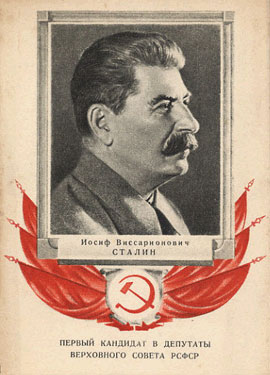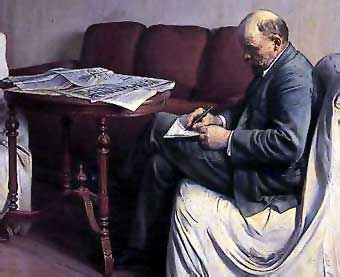My response: Service workers are not industrial workers. Service workers are not the same as steelworkers, autoworkers, workers in mass industry and transport, etc. Service workers are definitely part of the working class and they can be militant unionists. But Henry Winston, an African-American militant with the Communist Party USA of yesteryear, made the point that while all working class folks have a common interest in fighting against state-monopoly capitalism, they "do not all have a common place within the capitalist system from which to carry on that fight." And industrial workers are the "front rankers in the class struggle." (Henry Winston, Class, Race and Black Liberation, 1977, International Publishers)
Gus Hall, a great Marxist-Leninist and former leader of the CPUSA, raised the question sharply: "mass production workers are to the working class what monopoly is to the capitalist class. They are the sector of special importance for the working class and for the class struggle as a whole." (Gus Hall, Working Class USA, 1987, International Publishers)
Henry Winston explained that "the basic industrial sector has a common interest with the majority of wage workers but it does not have an identical place with them in the system of capitalist exploitation and the struggle against it." Industrial workers are "the greatest direct producers of surplus value, the source of capitalist profit." Industrial workers occupy the central position within the capitalist system. (Henry Winston, Class, Race and Black Liberation, 1977, International Publishers)

Jobs in the service industry are flourishing as industrial plants have been closing. "The working class is changing," Gus Hall declared in 1987, but "none of the changes in the profile of the working class diminishes the role of the industrial core." (Gus Hall, Working Class USA, 1987, International Publishers) A core that includes, as Henry Winston noted, many Black "front rankers."
"It is these 'front rankers'," remarked Winston, "who will provide the most consistent leadership in raising the struggle to higher levels." Workers in the industrial sector are "decisive in forging the unity of all the diverse segments of wage workers and in forming an alliance between the workers of hand and brain with all the exploited and oppressed." (Henry Winston, Class, Race and Black Liberation, 1977, International Publishers)
"The (Communist) Party," Winston continues, "places its industrial concentration policy at the center of its strategy. Merging theory with practice, it recruits into its ranks the best fighters among the 'front rankers.' At the same time, it also recruits the most devoted fighters from all other segments of the working class. In this way, the Party plays its role in uniting all detachments of the working class, in representing the interests of the entire class. 'This struggle,' stated Lenin, 'places [leads] the working-class movement onto the high road, and is the certain guarantee of its future success.'" (Henry Winston, Class, Race and Black Liberation, 1977, International Publishers)








